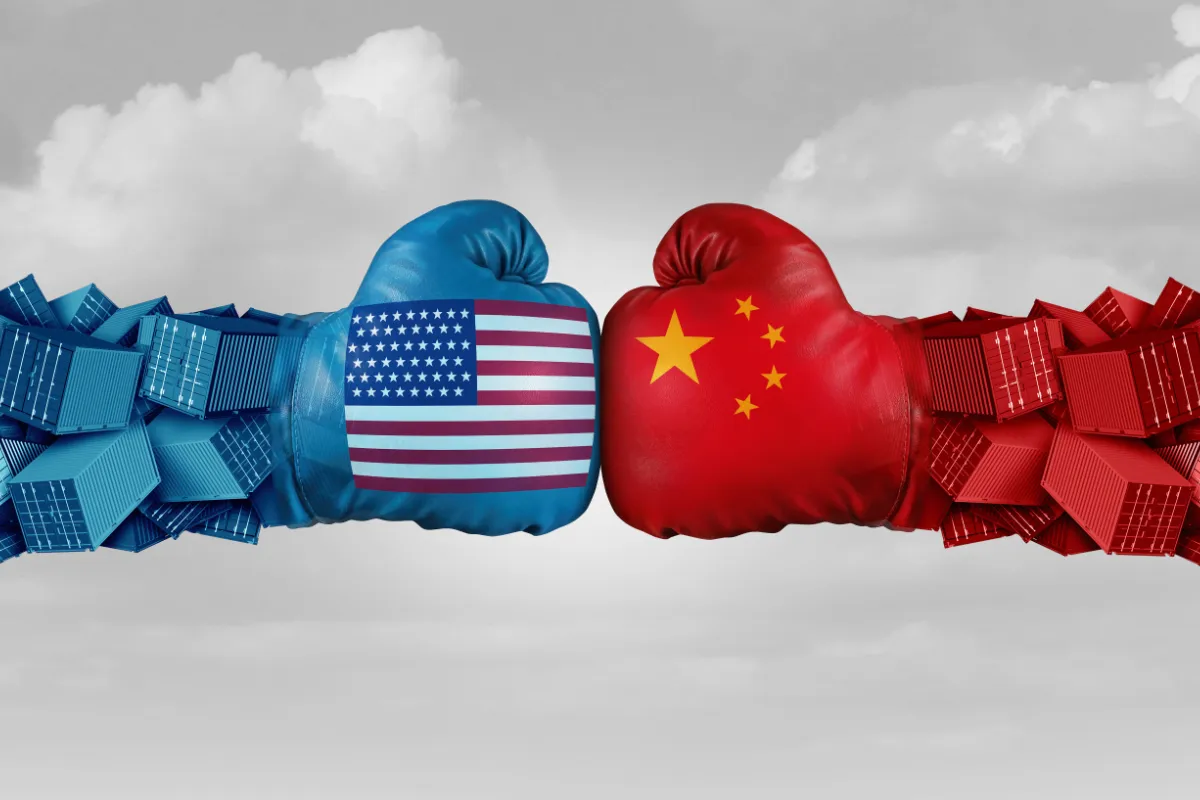United States’ ongoing attempts to curb China’s chip manufacturing may not have much of an effect. A new fund is about to be launched by the Chinese government in an effort to fortify its semiconductor sector, as reported by Reuters.
This state-funded plan represents the third undertaking of the China Integrated Circuit Industry Investment Fund and has a goal of rallying an astounding capital of 300 billion yuan ($41 billion). Previously in 2014 and 2019, the fund collected 138.7 billion yuan ($19 billion) and 200 billion yuan ($27 billion) respectively.
Around 60 billion yuan ($8 billion) is projected to hail from China’s finance ministry. Although the contributors’ identities are still unknown, former backers are comprised of bodies like China Telecom and China National Tobacco Corporation. Importantly, a large share of the fund will be set aside for the creation of vital tools and resources concerning chip production.
It’s just been a few days since Huawei, a leading Chinese electronics firm, announced its newest smartphone, the Mate 60 Pro. Notably, this device features domestically produced chips. In partnership with chip maker Semiconductor Manufacturing International Corp (SMIC), Huawei has introduced the novel Kirin 9000s chip.
Interestingly, SMIC’s cutting-edge 7nm technology seems to provide the Mate 60 Pro with higher download speeds than typically found in standard 5G smartphones.
The recent proclamation and consequent verification of the Mate 60 Pro’s abilities present a clear divergence from the collective endeavors of the U.S., Japan, and the Netherlands to restrict China’s semiconductor access and hamper its manufacturing aptitude.
In line with these actions, an executive order tightening the constraints on investments in Chinese companies involved in areas such as semiconductors was signed by U.S. President Biden in August. On this note, the earlier impositions specifically aimed at Huawei are worth mentioning, with a prohibition implemented in January disallowing licenses for the export of U.S. technology to the Chinese firm.

